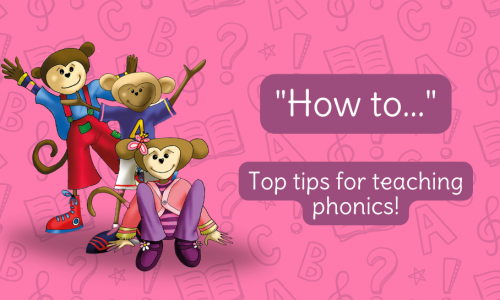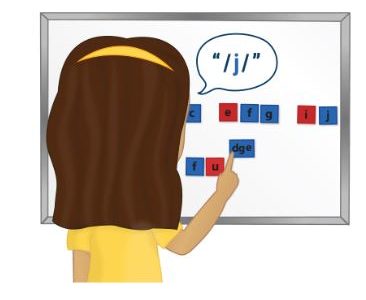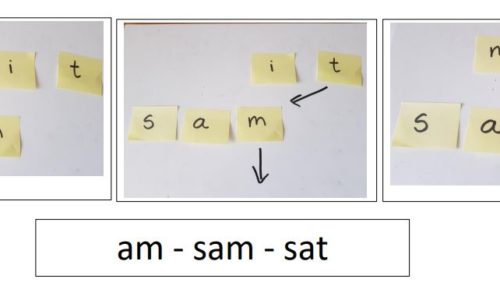
In our ‘how to…’ series we are going to delve into all things phonics instruction and give you our expert advice on developing confident readers. *** First, what is segmenting? Segmenting is the ability to separate sounds in words. The smallest sounds are called phonemes. We use segmenting when we sound out a new word, […]
Read More



